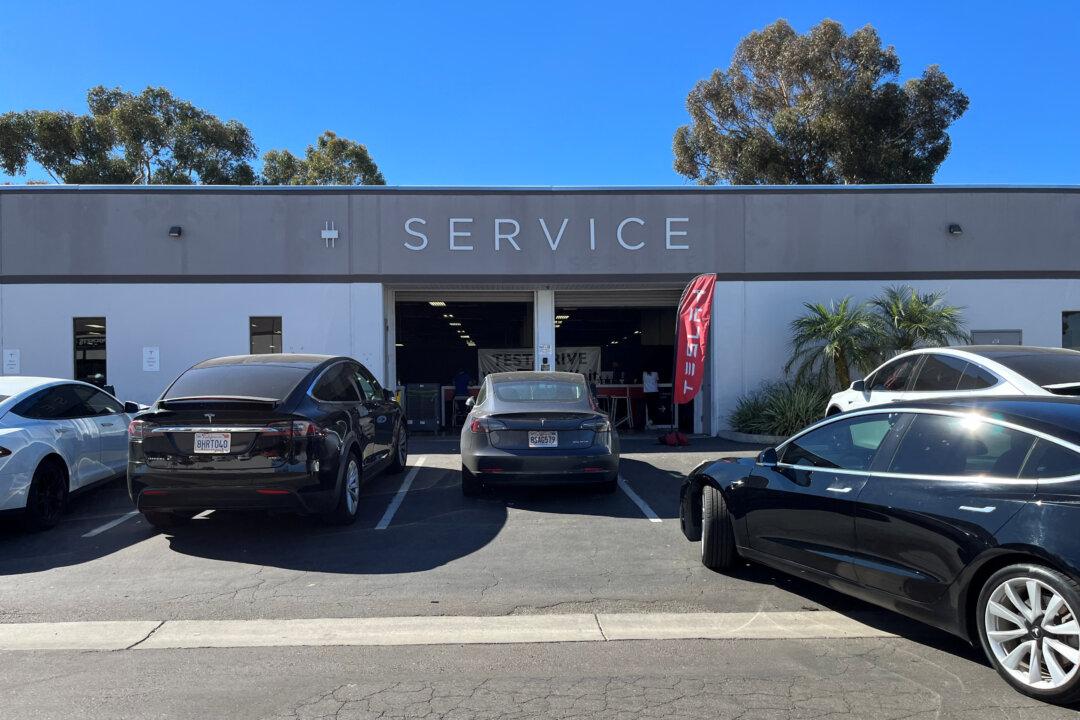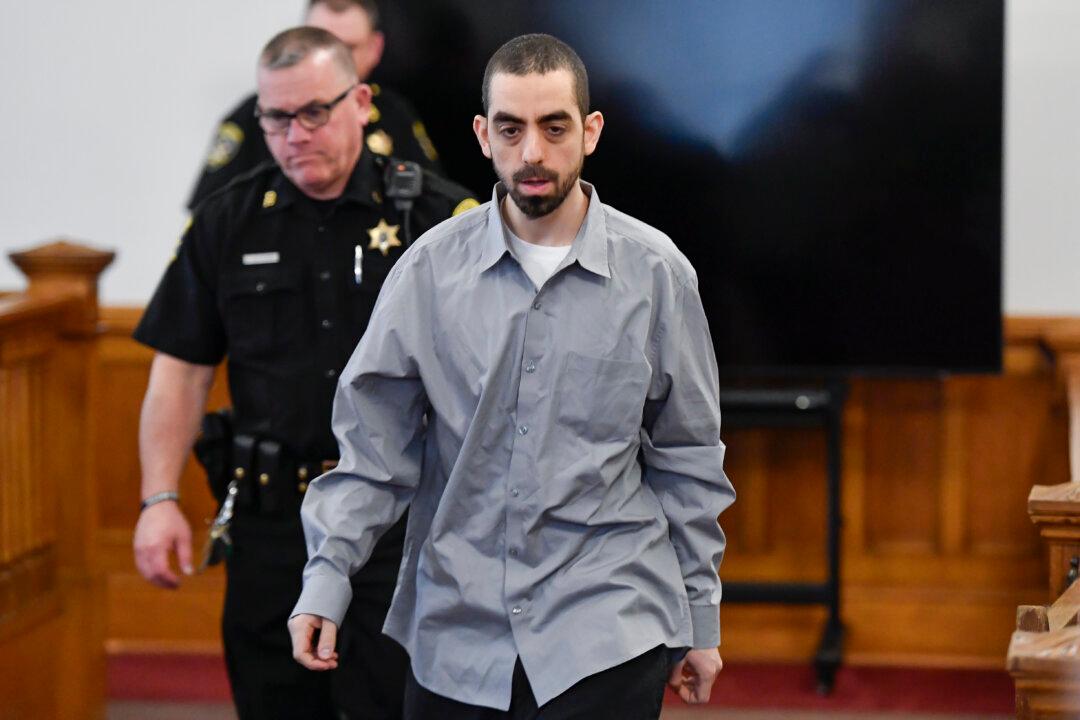HONG KONG—Thousands of mothers marched in Hong Kong on July 5 in support of students who have taken to the streets in recent weeks to protest against an extradition bill that would allow people to be sent to mainland China for trial.

Beijing-backed Lam has suspended the bill but protesters are demanding a full withdrawal.
“Young people have already done a lot for us. We should at least stand out once for them. I am so distressed for them. Even though they seem a little bit violent ... they didn’t hurt anyone,” said Carina Wan, 40, a primary school teacher on the mothers’ march.
“The ones who hurt us is the government. If they don’t release the young people, we will keep standing out.”

The organizers estimated that 8,000 mothers had joined the march, while the police put their number at 1,300.
In an emailed statement, a spokeswoman for Lam said on July 4 she had “recently started inviting young people of different backgrounds for a meeting, including university students and young people who have participated in recent protests.”

“The dialogue must be open to all Hong Kong citizens to participate, and allow everybody the right to speak,” the union said in a statement published on Facebook.
Lam’s spokeswoman said the meeting would be held in a “small-scale and closed-door manner” to ensure an “in-depth and frank exchange of views.”
A leader of the Hong Kong University Students’ Union, Jordan Pang, said he would only agree if the government promised not to investigate protesters involved in the protests.
“We don’t understand why she didn’t openly respond to the people’s demands but prefer to do it through a closed-door meeting,” Pang said.
“We want to ask if the government sincerely wants to communicate with young people or if it’s just another political PR show.”
The Hong Kong Bar Association (HKBA) renewed calls for the government to set up an independent inquiry to look into events on June 12, when police fired rubber bullets and tear gas at protesters, and also on July 1 when demonstrators stormed the legislature.

“HKBA calls on the government to respond in a sincere way to the demands of the community voiced so emphatically over the past weeks,” it said. “A refusal to engage with the public over important and pressing issues is inimical to the rule of law.”
Hong Kong returned to China under a “one country, two systems” formula that allows freedoms not enjoyed in mainland China, including freedom to protest and a much-cherished independent judiciary.
But many resent what they see as increasing meddling by the mainland and the erosion of those freedoms. Beijing denies the charge.
They have also called for Lam to stop labelling protesters “rioters” and to introduce genuine universal suffrage.
Students at the Chinese University of Hong Kong, another of the city’s eight higher education institutions, were also invited to meet Lam but had not decided how to respond, a source at the student union there said.





